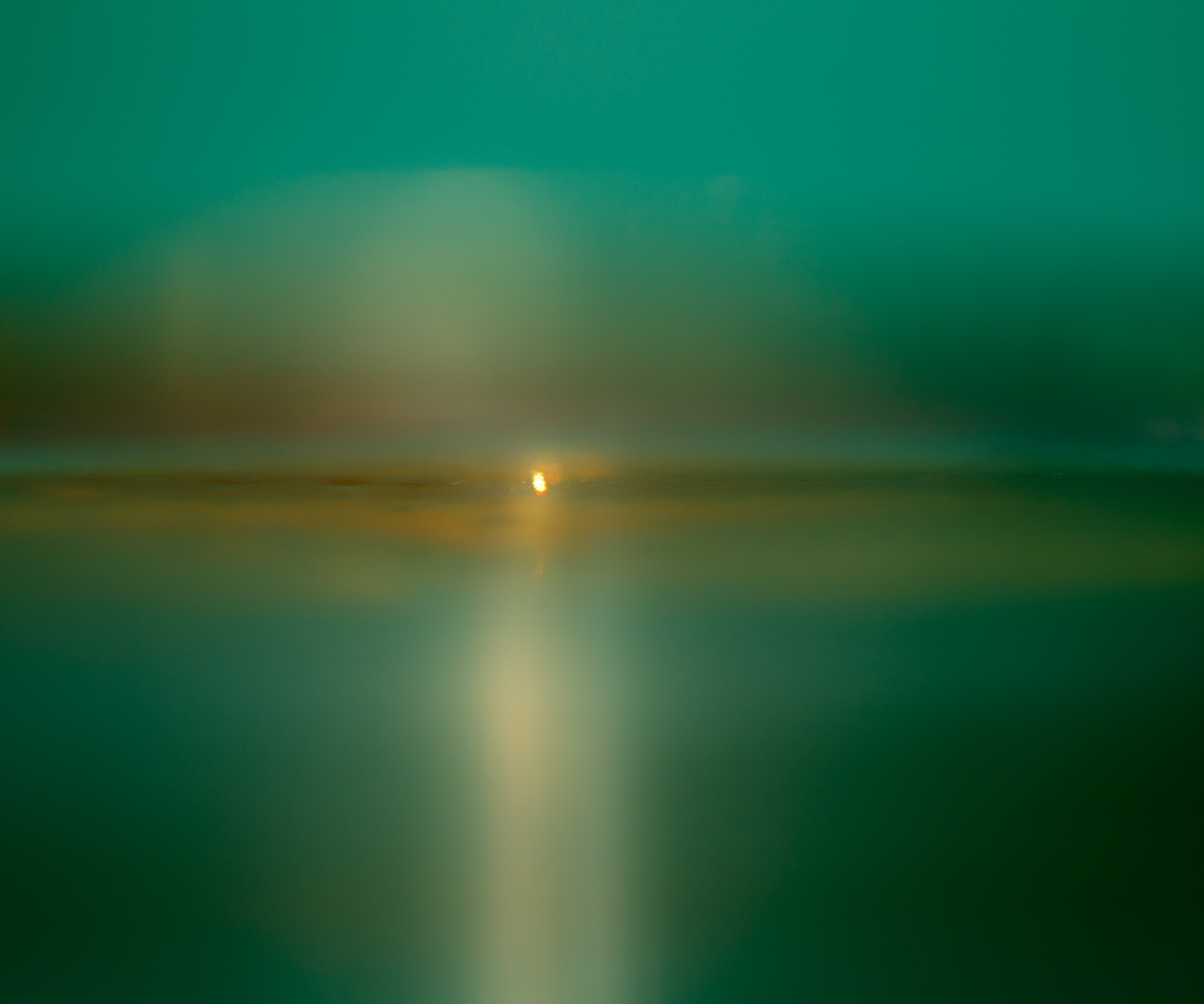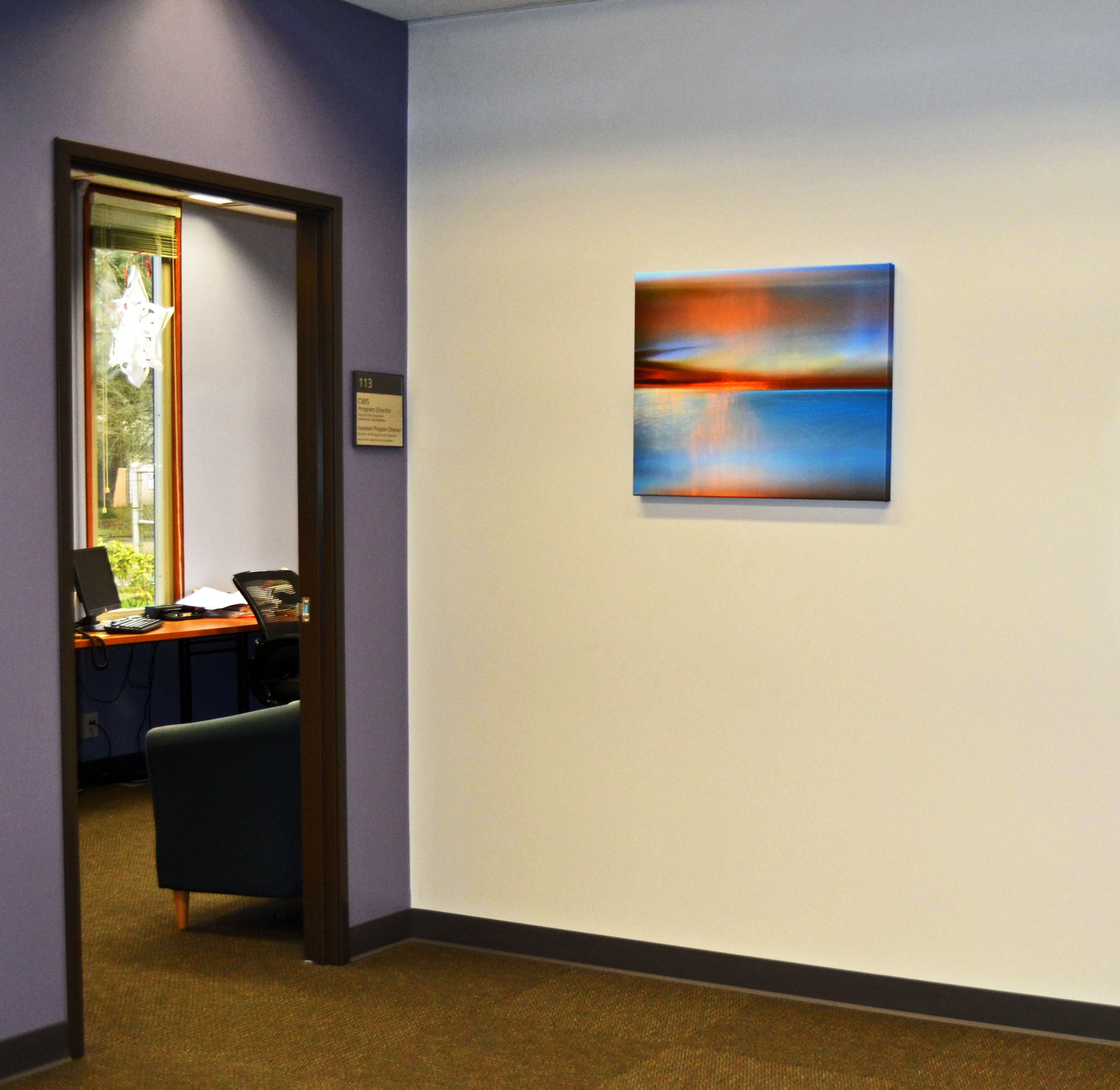Dick Griffith Film Kickstarter
A friend of mine who’s one of the best whitewater boaters I have ever paddled with said that the adventuring community and what we do is like a big, woven tapestry that we all contribute to with our own adventures. Some contributors add exceptionally colorful, wide and long-lasting patterns. In Alaska, Dick Griffith has woven a long, thick, and wide band of enriching color. He’s done this by developing hallmark outdoor sports in Alaska like packrafting, adventure racing, and long-wilderness traverses. And by being a humble, wry-humored, welcoming old guy. He arguably and singlehandedly started the on-going packrafting revolution. And adventure racing? Some might claim its roots in New Zealand, but the reality is that America’s first ideas of multi-day multi-sport adventure races arrived the way the packraft and the fatbike did: from Alaska, drifting south like whispers and rumors and dreams of wild freedom. The Wilderness Classic, Iditaski, and Iditasport -- that’s where American adventure racing--and fatbiking and packrafting--really began, and there at the beginning was Dick, who was, essentially, the only adult in the room at the time. And while long wilderness treks have become a rite of passage among young people today, Dick’s 400 mile wilderness solo walk from Kaktovik to Anaktuvuk in 1959 marked an early shift from the hunting-fishing-tracked vehicle outdoorsmen of the 40s and 50s and 60s to the self-propelled adventurers of today. For those of us who know Dick personally, he’s also been an essential component of our social community. Someone who watches out for us. Someone who gives back. Someone who builds trails. Without Dick’s attention and interest the Wilderness Classic would likely have died out decades ago. But over 35 years old it’s the longest running, true adventure race in the world. By the time Dick came to Alaska he’d already pioneered the use of big inflatables on the Colorado River in the 1940s and mini-inflatables in Mexico’s Copper Canyon in the 1950s. Soon after arriving here he made an epic walk along, across, and through the Brooks Range. I remember how he described that trip to me when I was in my early 20s, hoping to one day make my own Brooks Range Crossing. He said he started with a partner and three dogs. The partner went lame with bad feet after sixty miles and quit. Later, one of the dogs died. Dick ran low on food and ate the second dog. The third one, he said, got smart and ran off. Dick did this in 1959, the year APU was founded, the year before I was born. Before that people had walked across Alaska, but they did it for money, or fame, or glory. Dick did it because, as he once said, “Sometimes a man just has to walk.” Sixty years later people are finally catching up to Dick. They walk from one end of the Brooks Range to the other, ski long distances, packraft the Grand Canyon. Today there are a bunch of young Alaskans contributing to the tapestry that is Alaskan adventure. People like Luc Mehl, Bretwood Higman, Thai Verzone, Bjorn Olson. But we all just add on where Dick started, where Dick left his mark, where Dick pointed the way. We’re just dabbing on our own personal touches thinking we’re something new, we’re something special, we’re somehow remarkable. Maybe we are. But we wouldn’t be here doing it without Dick doing it first. I met Dick when he was my age now. He was 55. I was just a punk-ass kid, 21 years old. In the intervening years, Dick went on to do a string of adventures: dozens of Wilderness Classics, Iditakis, Iditasports, and back-to-back Crow Pass Crossings. Solo packrafting down the Grand Canyon. Skiing several thousand miles from Unalakleet to Hudson Bay. At the age in life when most folks settle down to write memoirs, or garden roses, or baby-sit grandkids, or nurse our achy joints, or maybe just pour ourselves a few glasses of red wine and read a book, Dick got up and went, lived a second life beyond his early adventures, adventures that would fill a memoir, after raising a family and in between baby-sitting a granddaughter, mostly living on his retirement from a respectable career as an engineer, sharing books and wine and beer and salads with all of us "orphans". I showed up at Hope in 1982 for that first Hope to Homer race with just a bivy sack to sleep in. Dick shared his tent with me there at the start. I’ll never forget the next day. Dick’s adventure partner, Bruce Stafford, dumped Dick’s pack out on Hope’s main street looking for Dick’s “secret weapon”, then hiding a bottle of booze in his pack. Dick just stood back and chuckled and clucked at Bruce. 50 miles later Dick discovered the bottle in his pack and buried it along the Sterling Highway, recovering it on his way home to Anchorage. Nor can I forget a week after that, limping along the beach of Kachemak Bay when a half-naked George Ripley, the race founder, ran up behind me and Dave Manzer--who’s sitting over there. George grabbed me and shook me by the shoulde
Some contributors add exceptionally colorful, wide and long-lasting patterns. In
Alaska, Dick Griffith has woven a long, thick, and wide band of enriching color.
He’s done this by developing hallmark outdoor sports in Alaska like packrafting, adventure racing, and long-wilderness traverses. And by being a humble, wry-humored, welcoming old guy.
He arguably and singlehandedly started the on-going packrafting revolution.
And adventure racing? Some might claim its roots in New Zealand, but the reality is that America’s first ideas of multi-day multi-sport adventure races arrived the way the packraft and the fatbike did: from Alaska, drifting south like whispers and rumors and dreams of wild freedom.
The Wilderness Classic, Iditaski, and Iditasport -- that’s where American adventure racing--and fatbiking and packrafting--really began, and there at the beginning was Dick, who was, essentially, the only adult in the room at the time.
And while long wilderness treks have become a rite of passage among young people today, Dick’s 400 mile wilderness solo walk from Kaktovik to Anaktuvuk in 1959 marked an early shift from the hunting-fishing-tracked vehicle outdoorsmen of the 40s and 50s and 60s to the self-propelled adventurers of today.
For those of us who know Dick personally, he’s also been an essential component of our social community. Someone who watches out for us. Someone who gives back. Someone who builds trails. Without Dick’s attention and interest the Wilderness Classic would likely have died out decades ago. But over 35 years old it’s the longest running, true adventure race in the world.
By the time Dick came to Alaska he’d already pioneered the use of big inflatables on the Colorado River in the 1940s and mini-inflatables in Mexico’s Copper Canyon in the 1950s. Soon after arriving here he made an epic walk along, across, and through the Brooks Range.
I remember how he described that trip to me when I was in my early 20s, hoping to one day make my own Brooks Range Crossing. He said he started with a partner and three dogs. The partner went lame with bad feet after sixty miles and quit. Later, one of the dogs died. Dick ran low on food and ate the second dog. The third one, he said, got smart and ran off.
Dick did this in 1959, the year APU was founded, the year before I was born.
Before that people had walked across Alaska, but they did it for money, or fame, or glory. Dick did it because, as he once said, “Sometimes a man just has to walk.”
Sixty years later people are finally catching up to Dick. They walk from one end of the Brooks Range to the other, ski long distances, packraft the Grand Canyon.
Today there are a bunch of young Alaskans contributing to the tapestry that is Alaskan adventure. People like Luc Mehl, Bretwood Higman, Thai Verzone, Bjorn Olson. But we all just add on where Dick started, where Dick left his mark, where Dick pointed the way. We’re just dabbing on our own personal touches thinking we’re something new, we’re something special, we’re somehow remarkable.
Maybe we are. But we wouldn’t be here doing it without Dick doing it first.
I met Dick when he was my age now. He was 55. I was just a punk-ass kid, 21 years old. In the intervening years, Dick went on to do a string of adventures: dozens of Wilderness Classics, Iditakis, Iditasports, and back-to-back Crow Pass Crossings. Solo packrafting down the Grand Canyon. Skiing several thousand miles from Unalakleet to Hudson Bay.
At the age in life when most folks settle down to write memoirs, or garden roses, or baby-sit grandkids, or nurse our achy joints, or maybe just pour ourselves a few glasses of red wine and read a book, Dick got up and went, lived a second life beyond his early adventures, adventures that would fill a memoir, after raising a family and in between baby-sitting a granddaughter, mostly living on his retirement from a respectable career as an engineer, sharing books and wine and beer and salads with all of us "orphans".
I showed up at Hope in 1982 for that first Hope to Homer race with just a bivy sack to sleep in. Dick shared his tent with me there at the start.
I’ll never forget the next day. Dick’s adventure partner, Bruce Stafford, dumped Dick’s pack out on Hope’s main street looking for Dick’s “secret weapon”, then hiding a bottle of booze in his pack. Dick just stood back and chuckled and clucked at Bruce. 50 miles later Dick discovered the bottle in his pack and buried it along the Sterling Highway, recovering it on his way home to Anchorage.
Nor can I forget a week after that, limping along the beach of Kachemak Bay when a half-naked George Ripley, the race founder, ran up behind me and Dave Manzer--who’s sitting over there. George grabbed me and shook me by the shoulders saying, “You better get a move on, Dick Griffith’s just 20 minutes behind!”
That got me running, and like Dick, I never run anywhere I can walk.
There are a handful of people—long-time friends and family—who’ve profoundly influenced my life. Dick is one of them. I have been fortunate to have photogenic and willing partners over the years. Fortunate to have the opportunity to somehow justify our adventures with magazine articles and photos, TV shows, even a packrafting book. But I can honestly say that if I’d never met Dick that August evening in Hope over 35 years ago, that I wouldn’t be who I am today.
I’d venture to say that if it were not for Dick, modern Alaskan outdoor adventure would not be what it is today.
I’d venture to say that what young Alaskan adventurers do today, and dream to do tomorrow, well, we owe that to Dick, to what he did in his 50s, 60s, 70s, even his 80s, as well as what he did when he, too, was young.
This documentary will give viewers the opportunity to hear Dick’s wit and wisdom.
It will show him moving and walking in ways a book just cannot.
Dick’s story is an important one, an influential one, one that needs to be told and one that we all want to hear.
Please help support the effort to finish this film.
What's Your Reaction?






























